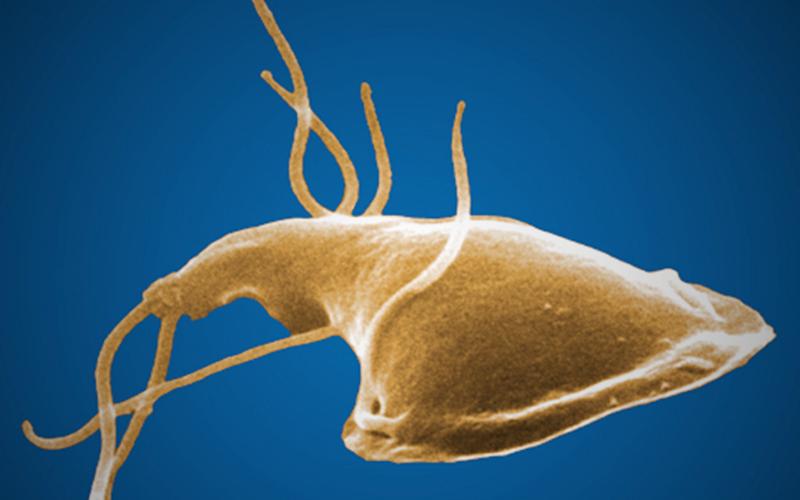“The best water in the world rolls off lizard backs.”
This is a common refrain in areas where the water runs clear and seemingly pure, but folk wisdom fails to account for the variety of RWIs (recreational water illnesses), that humans can catch from drinking untreated water.
The Center for Disease Control puts it simply: “When outdoors, treat your water before drinking it to avoid getting sick.”
Of course, in rural areas with abundant, crystal-clear creeks, many folks have drank creek water their entire lives and openly laugh at such advice.
Yet parasites such as Cryptosporidium, Giardia intestinalis, and Schistosoma can contaminate even the cleanest-looking, best-tasting creek water. The parasites are present in the intestines of infected humans and animals, then the infection spreads when contaminated water is swallowed.
Symptoms tend to be delayed, with infections setting in days after contact with infected water. Most people who drink creek water suffer no long-term effects, but those who endure short-term illnesses tend not to make the connection between their bouts of intestinal discord and the creek water drank days before.
Symptoms of Giardia, also known as beaver fever, include fatigue, nausea, diarrhea, vomiting, and cramps, among others, while Crytosporidum adds fever to that list. Schistosomiasis also includes a rash and body aches. All of these illnesses manifest in ways that could easily be confused with the flu, a stomach virus, or food poisoning.
Most people who drink creek water suffer no long term effects, but for some people, infection could prove deadly. People with compromised immune systems, such as those on chemotherapy and other immunosuppressant drugs, do not have the luxury of taking a chance on drinking untreated water.
With hunting season now upon us and Youth Deer Hunting Day coming Saturday Sept. 28, even more people will be in the woods, thirsty, and tempted by that clear, cool, fast-running creek water. Yet Joseph Yoder, deputy chief of the CDC’s Waterborne Disease Prevention Branch warned that “even water that appears pure or clear can be contaminated by people or animals.”
One alternative to drinking creek water is carrying a water supply, but there are more easily-portable options such as water filters and chlorine or iodine pills. However, boiling is probably the simplest and most reliable way to rid water of any microscopic critters that hunters and hikers had rather not take home in their intestinal tracts.
As Christie Wilcox of Outside Magazine said, “The simple fact is, if you drink untreated water, you’re taking on a non-negligible amount of risk. Ultimately, the choice of what you drink is yours and yours alone.
“You can decide to trust in your ability to pick safe water sources or to take precautions.”

